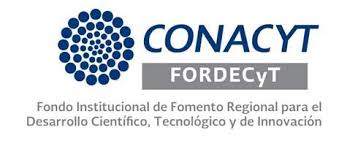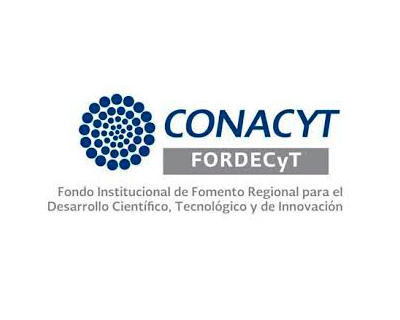Title: Generación de estrategias científico-tecnológicas con un enfoque multidisciplinario e interinstitucional para afrontar la amenaza que representan los complejos ambrosiales en los sectores agrícola y forestal de México
Research Group: Evolutionary Genetics
The objective of the project is, through a multidisciplinary and inter-institutional approach, to deal with the problems represented by diseases transmitted by two ambrosial complexes (X. glabratus - R. lauricola and Euwallacea sp. - F. euwallaceae). These plagues are composed of a scolytin beetle that acts as a vector and transmits one or several pathogenic fungi that infect the host plant, rapidly causing progressive wilt and finally death. To date it is estimated that there are about 300 species of plants that can present the symptomatology of the disease and in smaller numbers those that have been shown are reproductive hosts. One of the main groups vulnerable to attack by these plagues is the Lauraceae family, whose species are distributed in forests located in the mountain regions of Guerrero, Oaxaca, Chiapas, Hidalgo, Puebla and Veracruz. Avocado (P. americana) is only one of the many host species of agricultural importance, so the economic impact could be devastating if Mexico is considered to be the main producer / exporter country worldwide.
On the other hand, the risk of the introduction of the plague X. glabratus-R. lauricola increases because the latest reports indicate its presence in the state of Texas, a state that shares a border with our country. Given this problem that may well be considered a phytosanitary emergency, this project is proposed for the search of new integrated management strategies for these plagues, generating actions through different areas of knowledge such as microbiology, biogeography, chemical ecology, organic chemistry , entomology, biotechnology, phytopathology and omic sciences (genomic, proteomic, metabolomic and metagenomic). The strategies proposed in this proposal seek to guarantee the sustainability of both the agricultural and forestry sectors, and involve institutions of the states at high risk of introduction and establishment of these invasive pests, whether due to the cultivated area of avocado, its climatic conditions and / or its biodiversity, or its commercial ports that allow foreign products to enter the country.
Total amount: 582.857,87 $
Diana Sánchez Rangel
Andrés Moya
Fondo Institucional de Fomento Regional para el Desarrollo Científico, Tecnológico y de Innovación (FORDECYT, CONACYT), México.















